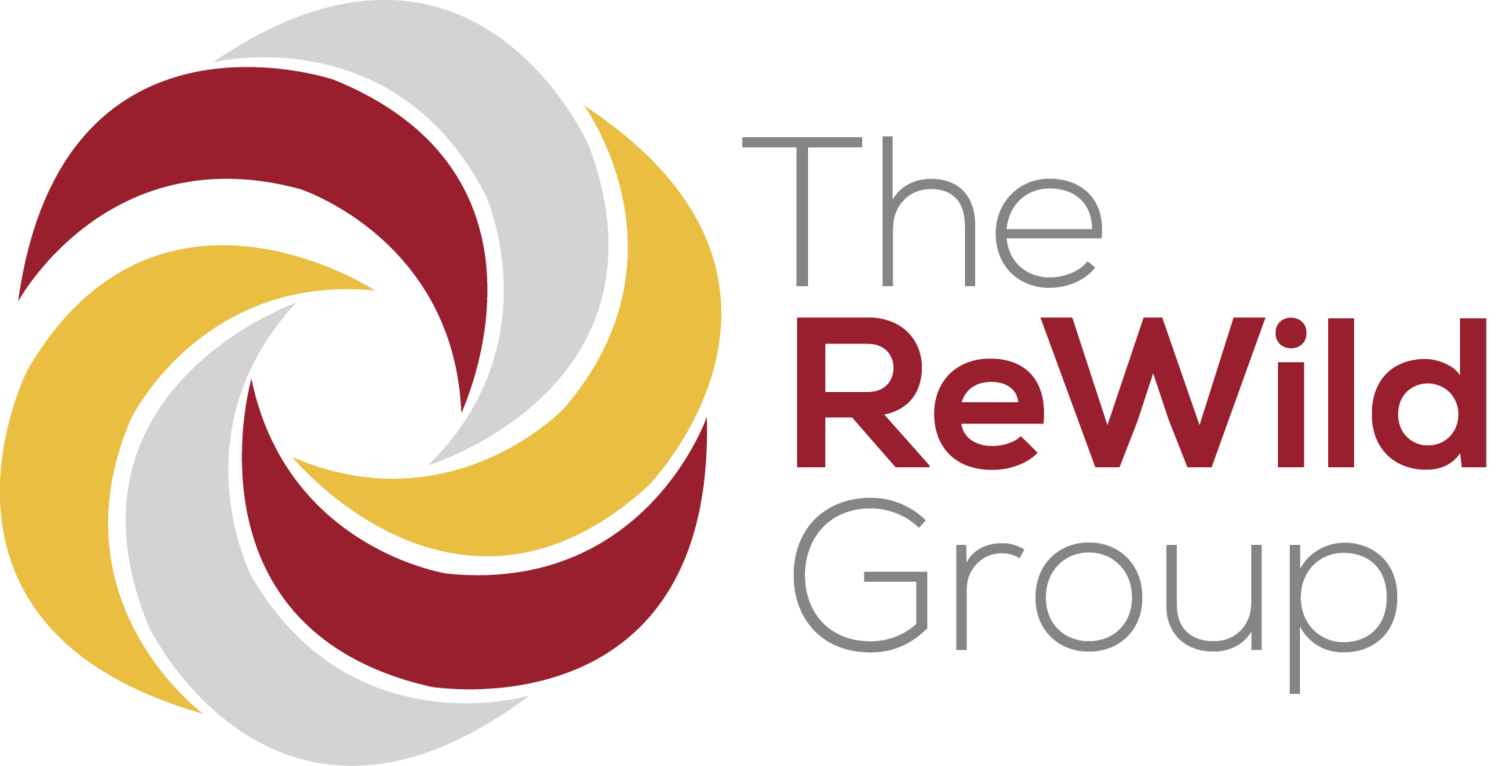
The ReWild Group Blog
Your home for relevant and engaging content serving small business owners and consultants. Subscribe so you don’t miss a post!
ReWilding’s Flexibility vs. EOS’s Exclusivity: A Comparison for Advisers
For business consultants and advisers, the choice between Organizational ReWilding and the Entrepreneurial Operating System (EOS) centers on a fundamental difference: ReWilding’s non-exclusive framework allows advisers to draw on past experience, integrate other systems, and adapt to unique client needs, while EOS demands strict adherence to its proprietary methodology.
What’s Next After You Outgrow EOS?
As a business owner, you’ve likely heard of, if not leveraged, the Entrepreneurial Operating System (EOS) to bring clarity and discipline to your company, driving impressive results in its early growth. With its six key components—Vision, People, Data, Issues, Process, and Traction—EOS is a powerful framework for small businesses, particularly in the early stages of growth.
However, as your business scales beyond 20-50 employees, the simplicity of EOS can start to feel limiting, especially in the critical transition of Stages 3 (Delegation) and 4 (Professional) of The ReWild Group’s Seven Stages of Growth.
EOS’s 6 Components vs. ReWilding’s 11 Elements: A Comparative Analysis for Business Growth
The ReWild Group’s Organizational ReWilding framework and the Entrepreneurial Operating System (EOS) both aim to empower businesses to achieve clarity, alignment, and growth, but they differ significantly in their approach and long-term applicability.
Strategy vs. Execution: A Key Difference Between Organizational ReWilding and EOS
The Thinking-Doing Sequence, a core component of the Organizational ReWilding framework, highlights a key distinction in the type of work an owner or leader undertakes within their organization. At its essence, this difference is encapsulated by the concept of working on versus working in the business. As depicted in the Thinking-Doing Sequence graphic below, working on the business aligns with the left side of the continuum—emphasizing critical thinking and strategy, where leaders focus on big-picture elements.




